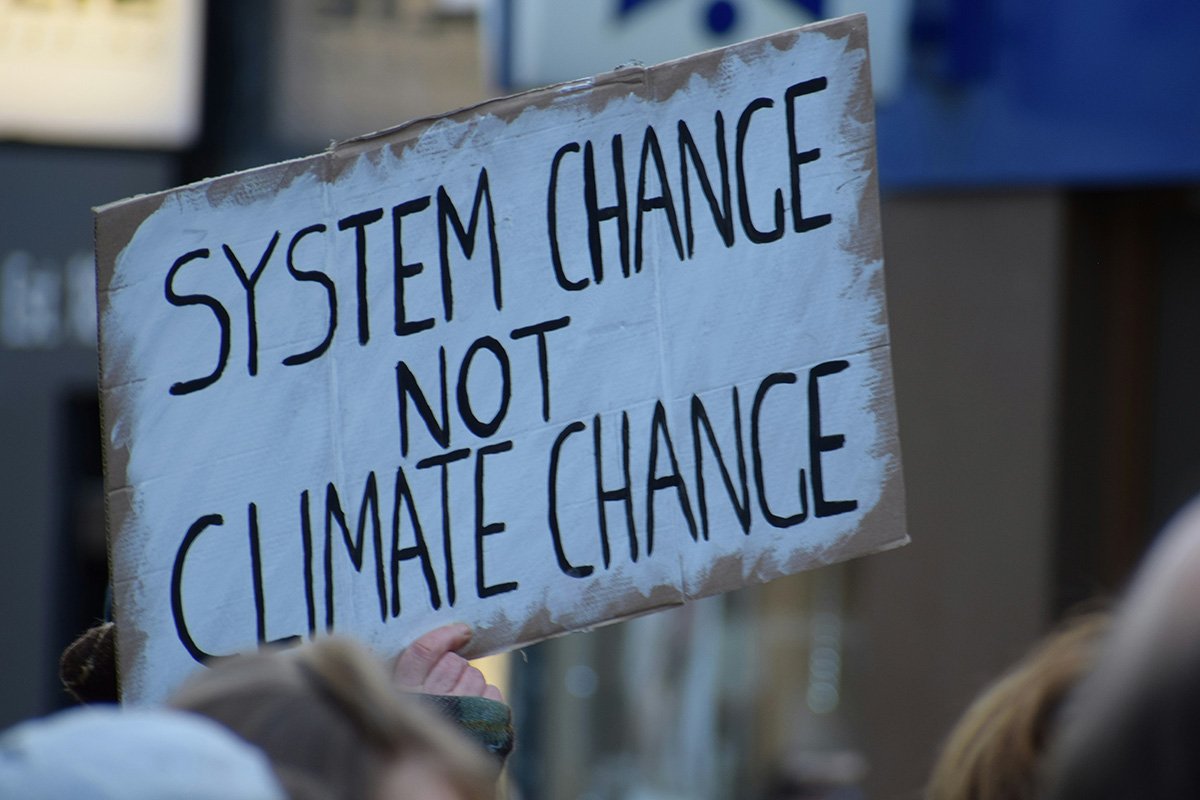
March 19, 2020; Adweek
As NPQ has noted, restaurants have been very hard hit by the coronavirus pandemic. The National Restaurant Association predicts a $225 billion loss of revenue in the industry over the next three months and says between five to seven million workers are likely to be laid off. To put these numbers in some kind of perspective: In February 2020, 5.79 million people total were reportedly unemployed in the US. Restaurant worker layoffs alone could double that figure. Clearly, massive government aid to laid off workers will be required. But in the interim, nonprofits are responding on the fly, reports Ian Zelaya for Adweek.
One nonprofit Zelaya profiles is Rethink Food. Based in New York City, Rethink Food’s focuses on reducing food waste, a broader movement that NPQ has covered before. Specifically, it aims to “transform unused food from grocery stores, restaurants, events, and corporate offices into ready-to-eat, nutritiously dense meals that are delivered to local human service organizations in New York City.”
In the midst of the pandemic, however, Rethink Food, Zelaya notes, is “refocusing its efforts to help 30 city restaurants stay afloat for the next two to three months.”
As Zelaya details:
The nonprofit’s usual operation involves collecting food excess from restaurants and companies across the city, including Eleven Madison Park, Gramercy Tavern, Facebook and Goldman Sachs. Rethink’s chefs then repurpose that food into new meals at their Brooklyn Navy Yard kitchen, which are distributed to local communities in need through partners like soup kitchens and churches.
Sign up for our free newsletters
Subscribe to NPQ's newsletters to have our top stories delivered directly to your inbox.
By signing up, you agree to our privacy policy and terms of use, and to receive messages from NPQ and our partners.
In response to COVID-19, Rethink has launched the Restaurant Response Program, which will offer up to 30 local restaurants stipends of up to $40,000 to pay their rent and keep on as many employees as they can. The restaurants, which will be chosen through an online application process, will act as a distribution arm of Rethink and offer delivery and takeout meals per the new rules set by New York Mayor Bill de Blasio.
Zelaya adds that Rethink’s executive director Megan Savage has indicated that each participating location will offer people meals for free. To boost its overall effort, Rethink is hiring additional in-house chefs and has opened a second cafe in Brooklyn this week, which will offer grab-and-go meals.
Rethink is also partnering with other nonprofits. For example, it has partnered with chef José Andrés, who has closed his Washington, DC and New York City-based restaurants and turned them into community kitchens through his nonprofit food organization, World Central Kitchen. Savage says Rethink will partner with World Central Kitchen to offer meals to those who need them in the Bronx. World Central Kitchen, through its Chefs for America initiative, is also serving meals in Queens and will start serving meals in Los Angeles on Monday.
The level of need, however, cannot be overstated. In a sign of the times—and a sign of the frayed US social safety net—in Washington, DC workers are taking to the internet. We’ve written before about crowdsourcing salary information; here, however, over 3,000 bar and restaurant workers are trying to crowdsource tips through a public Google spreadsheet known as the DC Virtual Tip Jar. The spreadsheet, notes Zelaya lists where workers “were (or still are) employed, whether or not they have health insurance, and their Venmo, PayPal, or CashApp account names for the public to send virtual tips.”
Meanwhile restaurant chefs and workers hope that a brighter day will come. Executive chef Diego Moya of Tribeca bistro Racines tells Zalaya that his team decided they had no choice but to go into “hibernation” because of the pandemic. Moya is worried and calls for advocacy: “After figuring out how to apply for unemployment, it will basically just be the Wild West. We have to keep pushing for the entity of the restaurant to maintain the ability to hire people again. But until there’s some major legislation, we might be dead in the water.”—Steve Dubb










